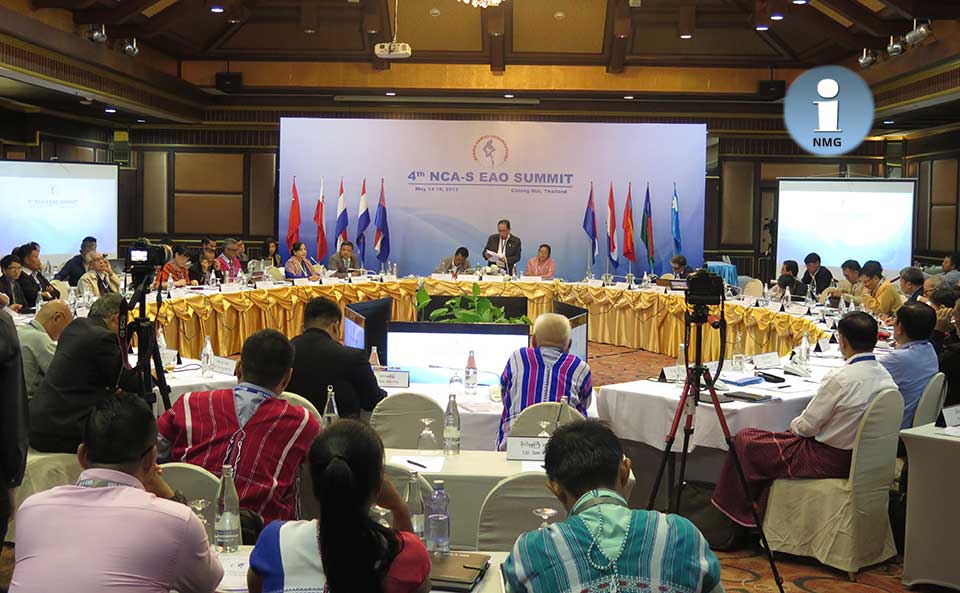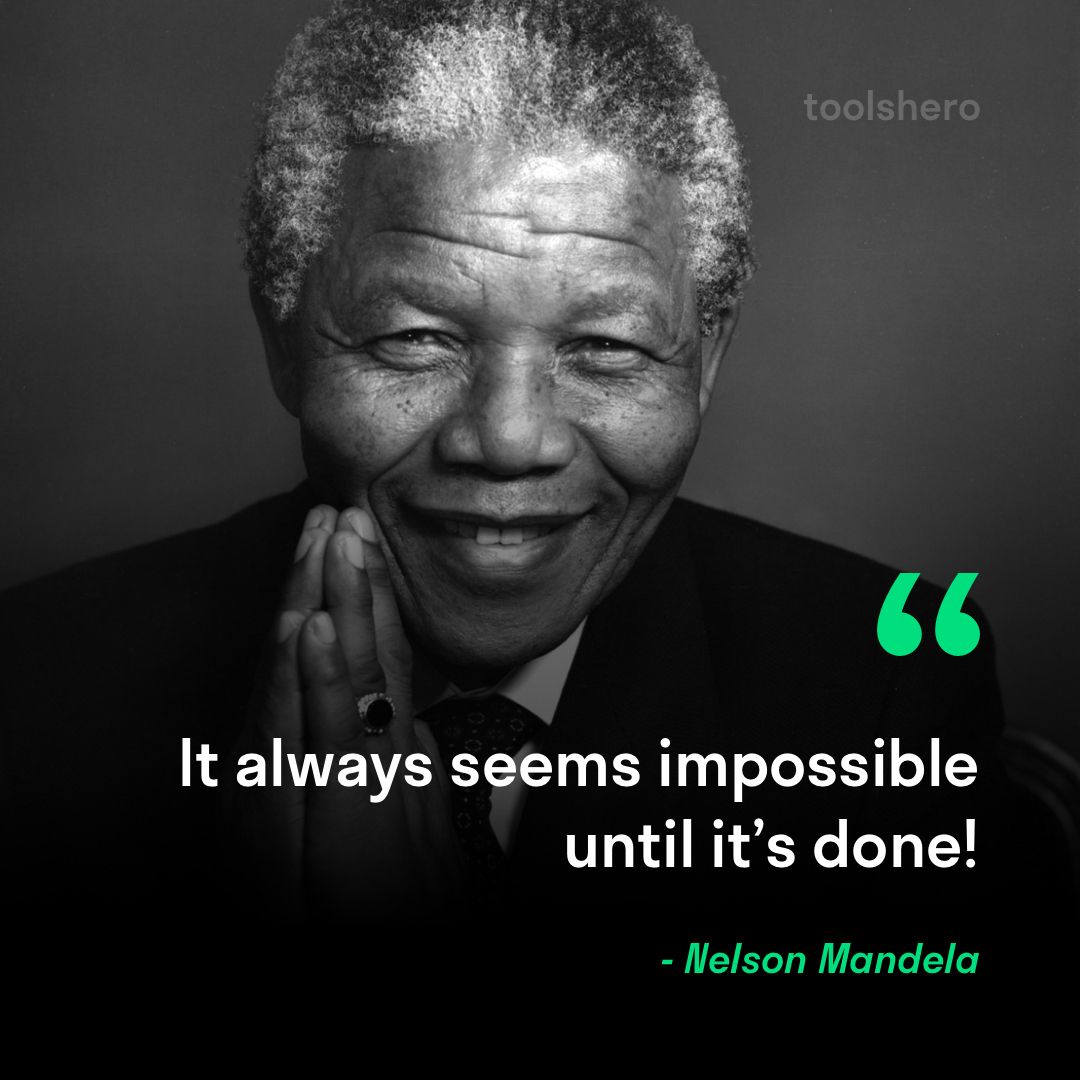If you don’t go through life with an open mind, you will find a lot of closed doors.
Mark W. Perrett
 Gen YawdSerk delivering opening address to the NCAS-EAO Summit, 14 May 2019. Photo:NMGSince 14-18 May, when the NCAS-EAO Summit 4/1 was held in Chiangmai, a number of comments have come out on the decision of the Karen National Union (KNU) to quit the Peace Process Steering Team (PPST) and form, what it calls, the Peace Process Consultative Meeting (PPCM). Without sufficient data and premises, some of them have been quite malicious.
Gen YawdSerk delivering opening address to the NCAS-EAO Summit, 14 May 2019. Photo:NMGSince 14-18 May, when the NCAS-EAO Summit 4/1 was held in Chiangmai, a number of comments have come out on the decision of the Karen National Union (KNU) to quit the Peace Process Steering Team (PPST) and form, what it calls, the Peace Process Consultative Meeting (PPCM). Without sufficient data and premises, some of them have been quite malicious.
The piece here is written not in defense of the PPCM’s authors, but for all of us who want peace in this country too tough to tame to have open minds.
According to the KNU, these are what the proposed PPCM is and is not:
- It is not a new organization
- It is not a new alliance/united front
- It is not going against the NCA(Nationwide Ceasefire Agreement) that the KNU had, together with others, had developed and signed
- It will not have a leadership, only a work group to coordinate with all participants
- There shall be no persistent problems of big EAOs bullying the small EAOs and vice versa, as all shall be equal
- We will come together to consult but each makes its own decision (unlike the PPST, where some EAOs feel they have been forced to go along with the wishes of the others against their own judgment)
- It will be inclusive/non-exclusive, by inviting non-signatories of the NCA to participate and have their say
The idea, its authors argue, is not new. The EAOs, in 2012, had met to form the Working Group for Ethnic Consultation (WGEC) out of which came the first draft of what later became the NCA. It was presented to the government’s Union Peacemaking Work Committee (UPWC), which, embracing the same idea, came up with its own draft.
16 EAOs then formed the Nationwide Ceasefire Coordination Team (NCCT) at Laiza in 2013 (and later in 2015 the Senior Delegation in Lawkhila) to negotiate with the UPWC, employing the Single Text procedure.
The result was the NCA draft which, on 15 October 2015, was signed by 6 of the NCCT participants. 10 others chose not to sign. But 2 of the non NCCT participants, who had come along as observers throughout the negotiations: All Burma Students Democratic Front (ABSDF) and Restoration Council of Shan State/Shan State Army (RCSS/SSA) added their signatures to the text approved by the 6 signatories.
Among the 10 EAOs present at the May Summit:
- 7 were for forming the PPCM without dissolving the PPST
- 2 (KNU/RCSS) were for transforming the PPST into PPCM
- 1 opted for a wait and-see stance
The KNU then made further clarifications:
- That it would not go alone
- It could still cooperate with others on common issues eg. NCA implementation, establishing a federal union, etc
- It will come if it is invited to a meeting called by the PPST
- The only thing it will not take part is in the collective decision-making (it will make its own)
The Summit, by all appearances, was going downhill when the RCSS chairman made the following motion, which was accepted:
- RCSS supports the KNU’s proposal to form the PPCM
- But we will need to stick together for the time being, because the NRPC (National Reconciliation and Peace Center, the government’s negotiation team) has agreed to negotiate with us on the 4 step proposal (the basis of which is the letter jointly written by the KNU and RCSS and presented to the State Counselor and the Commander in Chief in October 2018). Moreover, we will need time to discuss among ourselves how best we can form the PPCM.
It would not be an exaggeration to say that the Shan leader had saved the day for the NCAS EAOs. “It was as though we were playing football, and all of a sudden, the ball was nowhere to be seen,” commented a leading participant. “Then the RCSS chair threw it back into the field.”
Nevertheless, there is no denying that what General YawdSerk had done was just a band-aid measure. Each and all of the PPST will have to work together to find the cure.
I hope they are able to do that in the upcoming meeting in Chiangmai, 5-10 June.
Note
The KNU’s proposal seeks further to form a Peace Process Consultative Forum (PPCF) with ethnic political parties and ethnic CSOs.





